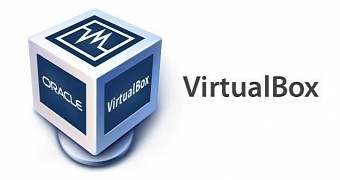Today, July 12, 2016, Oracle has had the great pleasure of announcing the final release of the VirtualBox 5.1 open-source and cross-platform virtualization software for all supported platforms.
VirtualBox 5.1 is a massive release that improves numerous parts of the software, promising to be a worthy update over any previous ones. It is the best and most advanced release so far, increasing the Linux integration, enhancing the multimedia support, and adding support for new technologies.
"To enable organizations and developers to more easily and flexibly create and deploy on premises and cloud applications, we are pleased to announce the general availability of Oracle VM VirtualBox 5.1, the latest release of the world’s most popular free and open source, cross-platform virtualization software," said Oracle.
Here's what's new in VirtualBox 5.1
Prominent features of VirtualBox 5.1 include the implementation of a new NVMHCI (Non-Volatile Memory Host Controller Interface Specification) storage controller for emulating NVMe (NVM Express) devices, better USB support, multi-channel audio support, improved overall performance when running VMs with multiple CPUs.
The networking has been improved as well, and there's now automatic deployment of kernel modules on GNU/Linux operating systems, no longer depending on DKMS. Moreover, VirtualBox 5.1 plays nice with the systemd init system on modern distributions, and the latest Linux 4.6 and Linux 4.7 kernels are supported out of the box.
Last but not least, VirtualBox 5.1 introduces a new logging functionality designed to filter and highlight information about guest VMs, and there's a new bug reporting tool that automatically collects logs and information about both guest and host OSes, which Oracle will use for analysis and debug purposes only.
VirtualBox 5.1 is now available for download for GNU/Linux, Mac OS X, and Microsoft Windows operating systems via our website. The source code can be found on the project's website. We recommend GNU/Linux users to wait for the new version to arrive in the main software repositories of their distribution before upgrading.

 14 DAY TRIAL //
14 DAY TRIAL //